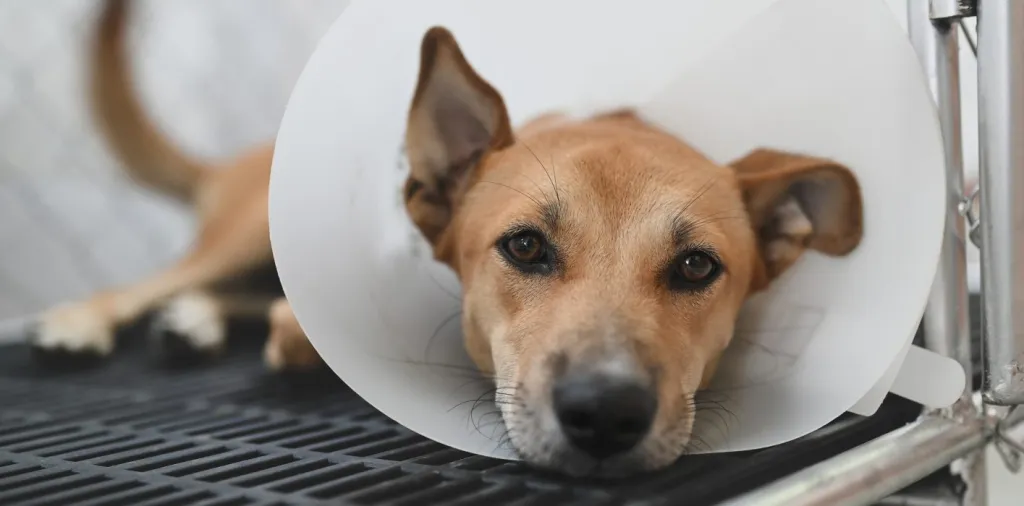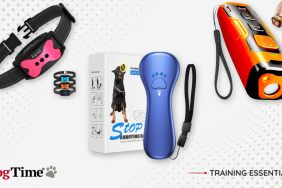Question:
My female and male pups are going in for spay and neuter surgery, respectively. Should I expect “normal behavior” once the anesthesia wears off? What about the long term?
Answer:
You may notice some changes in your dog’s behavior after spay or neuter surgery. Let’s go over what to expect in both the short term and the long term when it comes to your pup’s behavior.
Short-term effects of spay and neuter surgery
Short-term, dogs may not be themselves for the first 24 to 48 hours after anesthesia and surgery. They may be a bit lethargic or sleepy until the drugs wear off completely. They may have a slight decrease in appetite and may be tender around the surgery site.
They may wonder what these stitches on their belly are and may want to lick them. To prevent any infection or open incision, we advise keeping a plastic cone around their neck for two weeks, until the sutures are removed.
Long-term effects
One of the most common long-term consequences of spaying and neutering is weight gain, which is why we would recommend switching to a light diet once your puppies are fully grown.
Long-term behavior changes are usually positive if your dog has the surgery at a young age. For example, male dogs may become less aggressive. If your male dog has neuter surgery at an older age, then old habits may be harder to break.
Overall, expect normal, age-appropriate, behavioral development for dogs after spay or neuter surgery. Some dogs will “calm down” over the next few months, while others may need further training and time.









